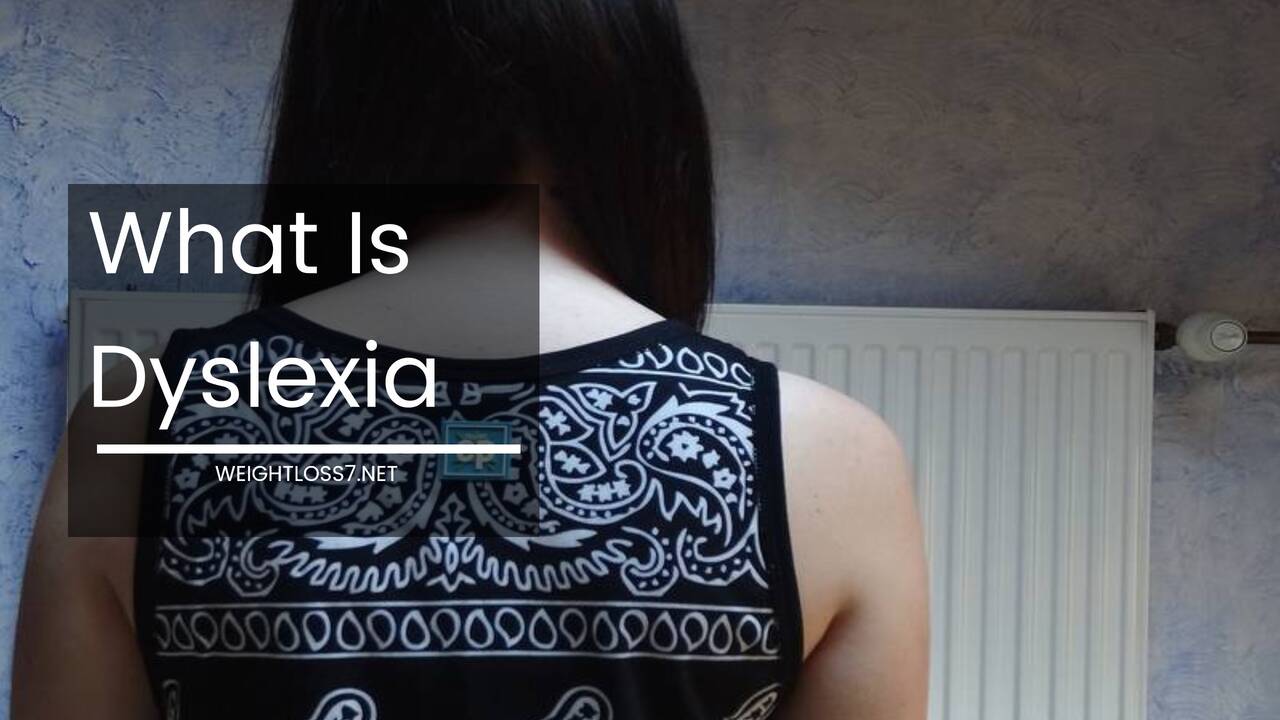What Is Dyslexia: Symptoms and Treatment

People who have dyslexia deal with a learning disability that makes reading extremely difficult. While their vision is normal, their brains don’t translate images correctly. The condition affects approximately 15 percent of the population.
There is no cure, but with special tutoring and emotional support, people with dyslexia learn how to overcome the challenges they face. The condition is genetic and links to genes responsible for the brain’s development.
Dyslexia is not something to be ashamed of. It’s also not a condition that keeps a person from succeeding. Keira Knightly, well known for her roles in the new Star Wars movies and Pirates of the Caribbean, has dyslexia.
Other famous dyslexic people include bestselling mystery author Agatha Christie, financial wizard Charles Schwab and musicians Cher and Ozzy Osbourne.
Symptoms of Dyslexia
The symptoms are sometimes overlooked until the teen or adult years, but the condition begins in childhood. It is important to catch the learning disability as early as possible.
Therefore, it’s important to know the common symptoms. Toddlers and preschool-aged children with dyslexia tend to learn to talk after the age most children do. It takes them time to learn new words, and rhyming words are especially challenging.
Once a child enters school, the symptoms become a little easier to recognize. Children with dyslexia have difficulty learning to read and write, because their brain makes letters or words appear backwards. They struggle to sound out words. Putting things in sequential order is also problematic.
These children need instructions given to them slowly and can usually only handle one instruction at a time. Some children with dyslexia also have a hard time understanding verbal conversations.
If dyslexia is not identified in childhood, teens and adults struggle to read alone or aloud. They have a hard time managing their time, memorizing items and understanding jokes. It’s hard for this age group to summarize stories, too. These issues lead to poor self-esteem and struggles in a school or work environment.
Diagnosing Dyslexia
To diagnose dyslexia, specialists must look at a number of factors and ask questions. Expect your child to undergo hearing, neurological and vision tests.
Doctors will also ask a number of questions about the child’s development and request a history of any conditions that appear in your family. As more information is gathered, the person with suspected dyslexia will take reading and academic tests to analyze their learning level.
Additionally, they will undergo a psychological test to see if there are social or emotional issues resulting from the learning problems.
Treatments
Drugs are not useful in treating dyslexia. Some doctors will prescribe medications if they find that the patient also has ADHD. The treatment for dyslexia, however, involves a special education program that helps the child or adult work around the brain’s misconstrued signals.
Reading specialists help a person with dyslexia master sounds that make up words and the letters that form each sound. They also build reading skills that use these two techniques.
Keys To Success
It’s important to diagnose dyslexia as early as possible. Children find it easier to master the different techniques used to overcome dyslexia. Teens and adults can learn these tricks too, but it is more difficult.
If you have a dyslexic child, read to that child as often as possible. Work on tracing letters and sounding out letter combinations to help teach the child to read.
Sit down and talk to the teacher about working as a team, both in school and at home, so everyone is teaching the same method and helping the child succeed. Most importantly, remember that the child will become frustrated. Remain supportive and make sure that he or she never feels like a failure.

















